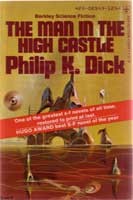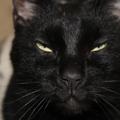I'm Not Sure
3 stars
I didn't dislike it, but I also don't feel like I connected with it? I liked the initial structure of it feeling like multiple vignettes that had all connected somewhat to the same book. And while I understand what was happening, I felt like it wasn't quite hitting the right notes for certain characters or even the overall theme. In a lot of ways, it felt like it kept fumbling some of them. (Edit: Upon reflection, it isn't actually true that the stories were woven around the same book because three of the characters never actually engage with the book in any capacity and their stories don't even mention it from the background.)
It was fine. Not my favourite book, but it was okay.
I didn't dislike it, but I also don't feel like I connected with it? I liked the initial structure of it feeling like multiple vignettes that had all connected somewhat to the same book. And while I understand what was happening, I felt like it wasn't quite hitting the right notes for certain characters or even the overall theme. In a lot of ways, it felt like it kept fumbling some of them. (Edit: Upon reflection, it isn't actually true that the stories were woven around the same book because three of the characters never actually engage with the book in any capacity and their stories don't even mention it from the background.)
It was fine. Not my favourite book, but it was okay.





